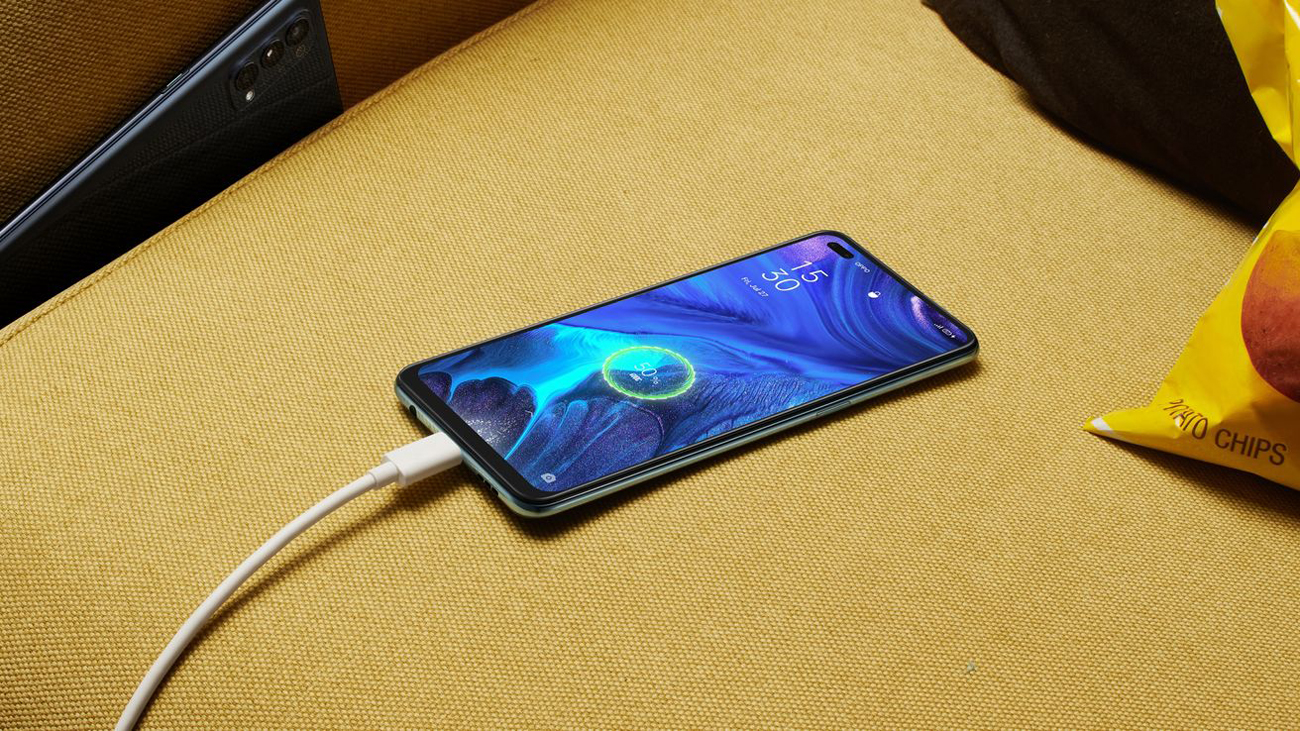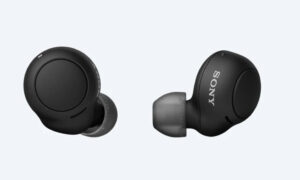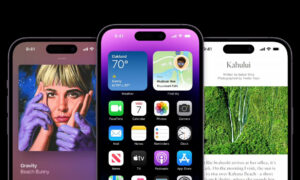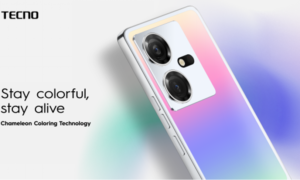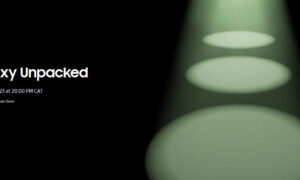You’ve been here before, right? You bought a new phone, now you’re wondering, where are you going to dispose all these extra USB cables and chargers lying around that you don’t use?
Well, the EU commission has decided to do something about the extra cables and chargers in our households. In a new press release, the Commission has put forth a policy to standardize the charging plug across all consumer devices.
Preferably, the USB-C cable and the proposal will apply to “smartphones, tablets, cameras, headphones, portable speakers, and handheld videogame consoles.”
Here’s what the Commission is officially proposing;
- A harmonized charging port for electronic devices: USB-C will be the common port.
- Harmonized fast-charging technology: will help prevent different producers unjustifiably limit the charging speed and will help ensure that charging speed is the same when using any compatible charger for a device.
- Unbundling the sale of a charger from the sale of the electronic device: the Commission says that EU consumers already have an average of three chargers and will only use two.
- Improved information for consumers: OEMs will need to provide information about charging speeds and whether the device supports fast charging.
The fast-charging standardization is going to be interesting. Many phone makers especially Chinese ones thrive off competing against each other by using different fast-charging standards. So, it’s a bit tricky how it’s all going to play out.
Nonetheless, Apple has been affected the most by the proposed legislation. Its two most popular products; the iPhone and AirPods still use Lightning cable and Apple makes a killing in sales from selling chargers and cables. You can bet Apple won’t give in without a fight.
Regardless, the legislation still needs to be approved by the EU parliament and Council and once it is approved, OEMs (Original Equipment Manufacturers) will be given a transition period of 24 months (2023) to abide by the new laws.

Alfred Gitonga is a passionate tech news writer with a deep interest in smartphones and related technologies. He is a staff writer at Mobitrends.co.ke.

